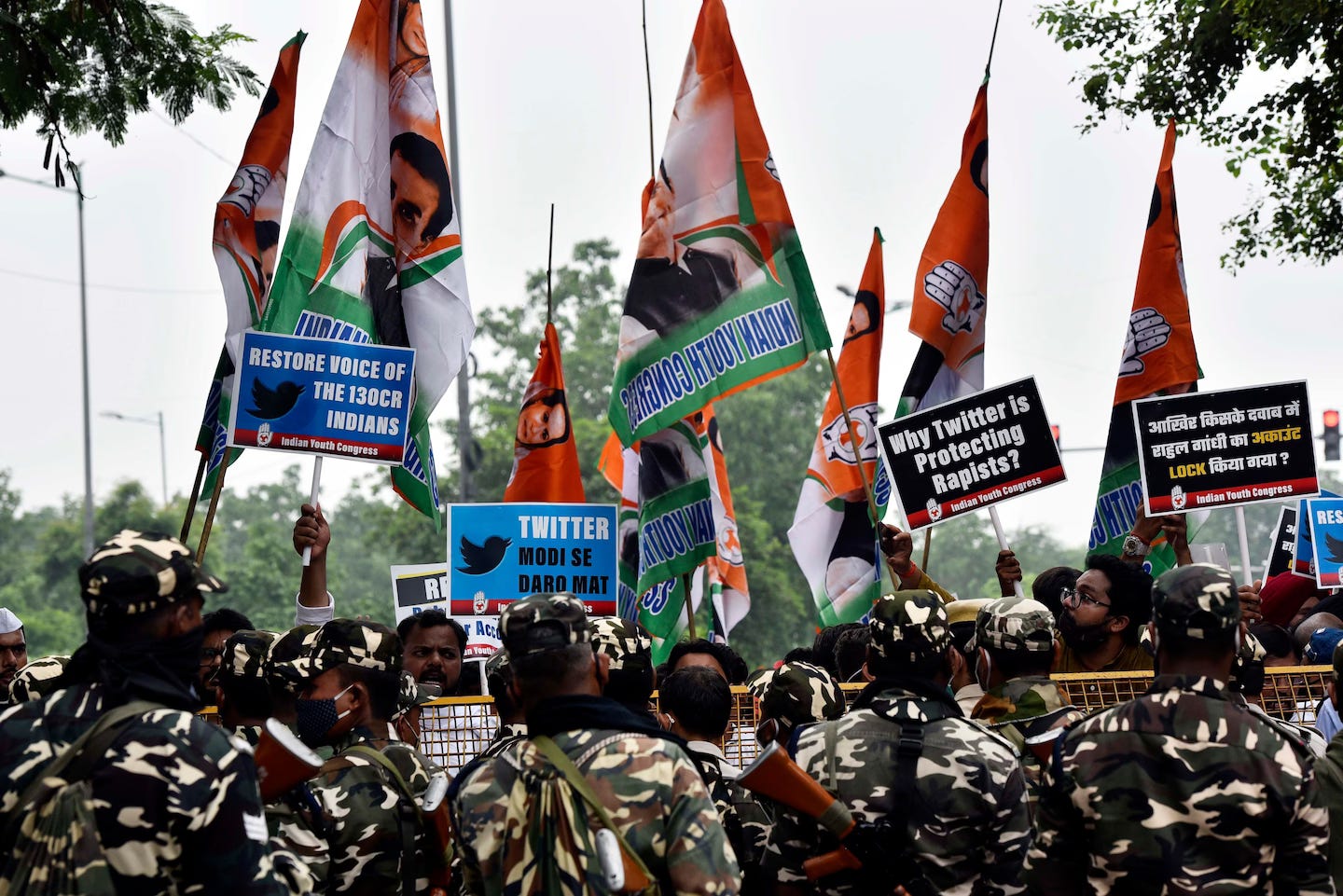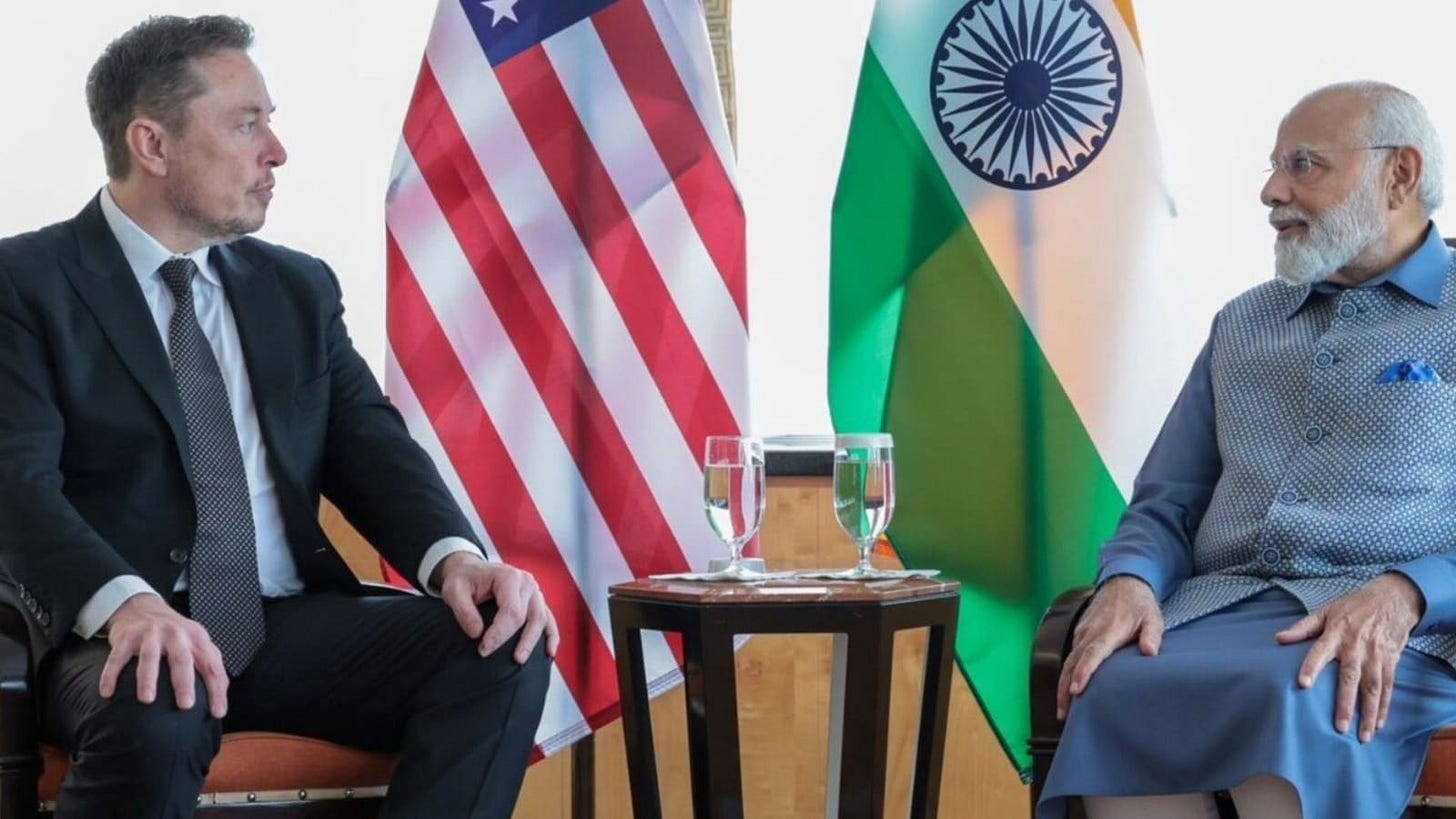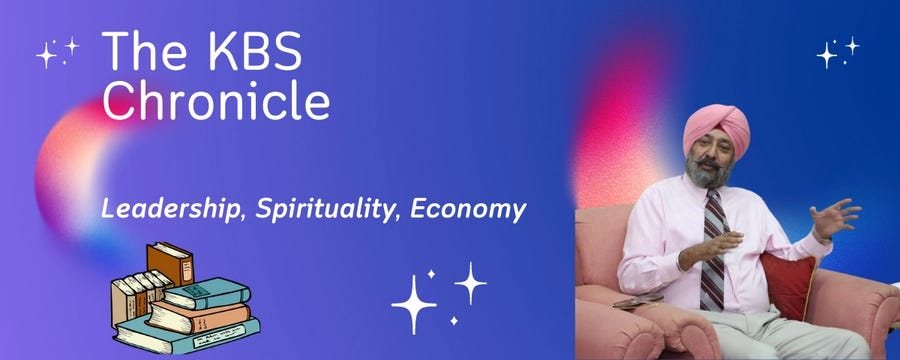Modi's Tech Tsars Tame Twitter et al.
Balancing Act: India's Struggle with Big Tech and the Quest for Digital Sovereignty.

Navigating the Cross-Currents of Digital Governance and Free Speech
The global conversation on Big Tech's observance of national laws, balanced against the overarching tenets of free expression, has been dynamic and multifaceted. Among these discussions, the continuing dialogue and interaction between the Indian government and Silicon Valley's leading companies has emerged as particularly noteworthy. At the core of this dialogue is the First Amendment of the U.S. Constitution, cherished as a gold standard for free speech, and its perceived application beyond U.S. borders, especially in India—a nation advancing rapidly in the digital sector and a vital and expanding market.
The Paradox of Compliance
Silicon Valley behemoths have often been accused of harbouring a selective approach to international laws. While in China, these companies acquiesce to stringent regulations including surveillance mandates, they take a more resistant stance in other markets under the banner of free speech. Nevertheless, under Prime Minister Narendra Modi's leadership, the Indian government has presented a robust challenge to this stance in its interactions with Twitter, both before as well as after Elon Musk's takeover.
In this pivotal context, India has reinforced its IT laws by enacting Section 69A, obligating the removal of content perceived as a threat to its sovereignty and national integrity. Incorporated into the Information Technology Act, 2000, through an amendment in 2008 during Prime Minister Manmohan Singh's tenure, this section has sparked intense debate. Advocates view it as essential for national security, while critics warn of its potential misuse in curbing free expression.
Upholding Free Expression: The Supreme Court’s Stand
In the democratic fabric of India, freedom of speech and expression is not only cherished but constitutionally safeguarded under Article 19, albeit with certain reasonable constraints aimed at maintaining public order, decency, or morality. Illustrative of the Indian judiciary’s commitment to this fundamental right was the decisive action taken against Section 66A of the Information Technology Act. This provision, which penalized the sending of "offensive messages" through online platforms, was nullified by the Supreme Court on March 24, 2015, in the landmark judgment of Shreya Singhal vs. Union of India. The Court recognized the section’s potential for misuse due to its imprecise terminology, which could unjustly encroach upon an individual's right to free speech. By striking down Section 66A, the Apex Court reinforced the core principles of the Indian Constitution, confirming that the sanctity of free expression will be staunchly protected from excessive state control, thus cementing a precedent for respecting and upholding free speech within the framework of India's constitutional provisions.

India's Assertion of its Sovereignty
The proliferation of hate speech and misinformation posing a risk to India's national security and unity has continued unabated, originating from sources both within the country and abroad. Despite tech firms' professed deployment of algorithms to eliminate such detrimental content, the efficacy has been inconsistent. Confronted with this reality, the Indian government has been driven to increasingly and assertively exercise its authority under Section 69A to mandate content removal, confronting tech giants with a dilemma of either adhering to the demands or facing potential penal consequences through due process of law.
The Government's approach is to address problematic content individually, mandating removal through specific legal orders, although persistent non-compliance has occasionally led to demands for entire platforms or channels to be blocked. Compliance by these companies is geographically limited; while content might be inaccessible within India's borders, it often remains available internationally, potentially re-entering India through alternative digital means, such as screenshots or VPNs.

Twitter, previously a stronghold of resistance, has significantly shifted its posture, particularly post-acquisition by Elon Musk. This adjustment is spurred by the introduction of stringent regulations that carry the risk of criminal liability for non-compliance. Additionally, there's a growing recognition that under Prime Minister Modi's governance, India asserting its position firmly, can no longer be regarded as a “soft state”. These developments suggest a recalibration of the equilibrium between regulatory compliance and free expression, with Big Tech firms in India moving towards a more cooperative approach rather than the earlier tendencies of obstinacy or avoidance.
The Global Implications
India's resolute actions have established a national benchmark and, as some critics label it, a 'regulatory contagion', encouraging other nations to consider similar frameworks. Digital and human rights proponents worry this might precipitate a worldwide shrinkage of the digital commons, where contrarian voices are methodically eliminated under the pretext of legal adherence. Yet, this trend must be carefully managed to ensure it doesn't undermine the constitutional bedrock that underpins such dialogue.
Finding the New Equilibrium
On one end of the spectrum, India's actions represent a sovereign right to enforce its laws within its territories, a principle that finds resonance in the international system. The obligation of foreign entities to respect national laws is a cornerstone of the Westphalian model that the modern state system is built upon.
On the flip side, these measures prompt essential inquiries regarding the limits to which governments can regulate digital domains without infringing upon basic rights of expression and information. Detractors contend that the possibility of punitive action against Big Tech entities and their staff may result in excessive censorship, possibly quashing valid political dissent and discussion. However, to date, no substantial evidence has been put forth to corroborate these claims, nor have there been any judicial verdicts against the Government of India on such grounds.
Summing Up
India's stance on Big Tech underscores a universal challenge: striking a fine balance between upholding free speech and preventing digital platforms from hosting content that endangers national security. The Indian paradigm, grounded in its legal framework, has undeniably compelled a strategy shift in Silicon Valley. Although it could set an international benchmark, it remains crucial to keep the protection of free speech at the forefront. This equilibrium is vital to preserving the spirit of democracy while safeguarding national integrity amidst the surge of digitalization. With the vigilant oversight of an independent judiciary and a vigorous free press, India is poised to maintain this delicate balance, even when faced with occasional executive overreach.




